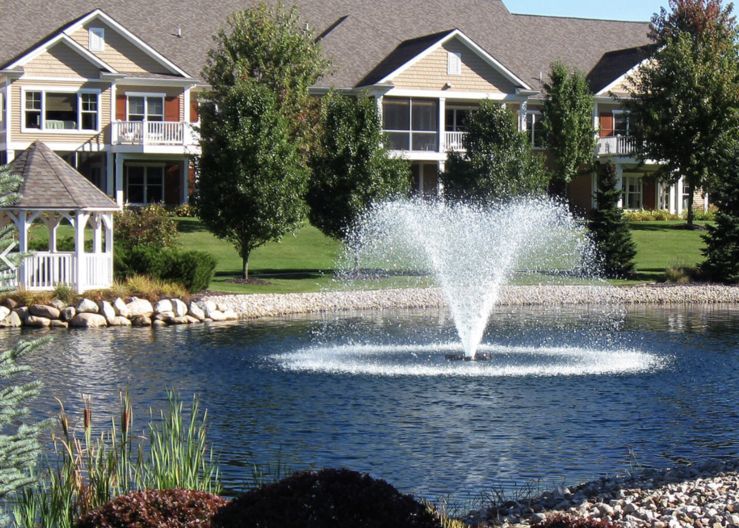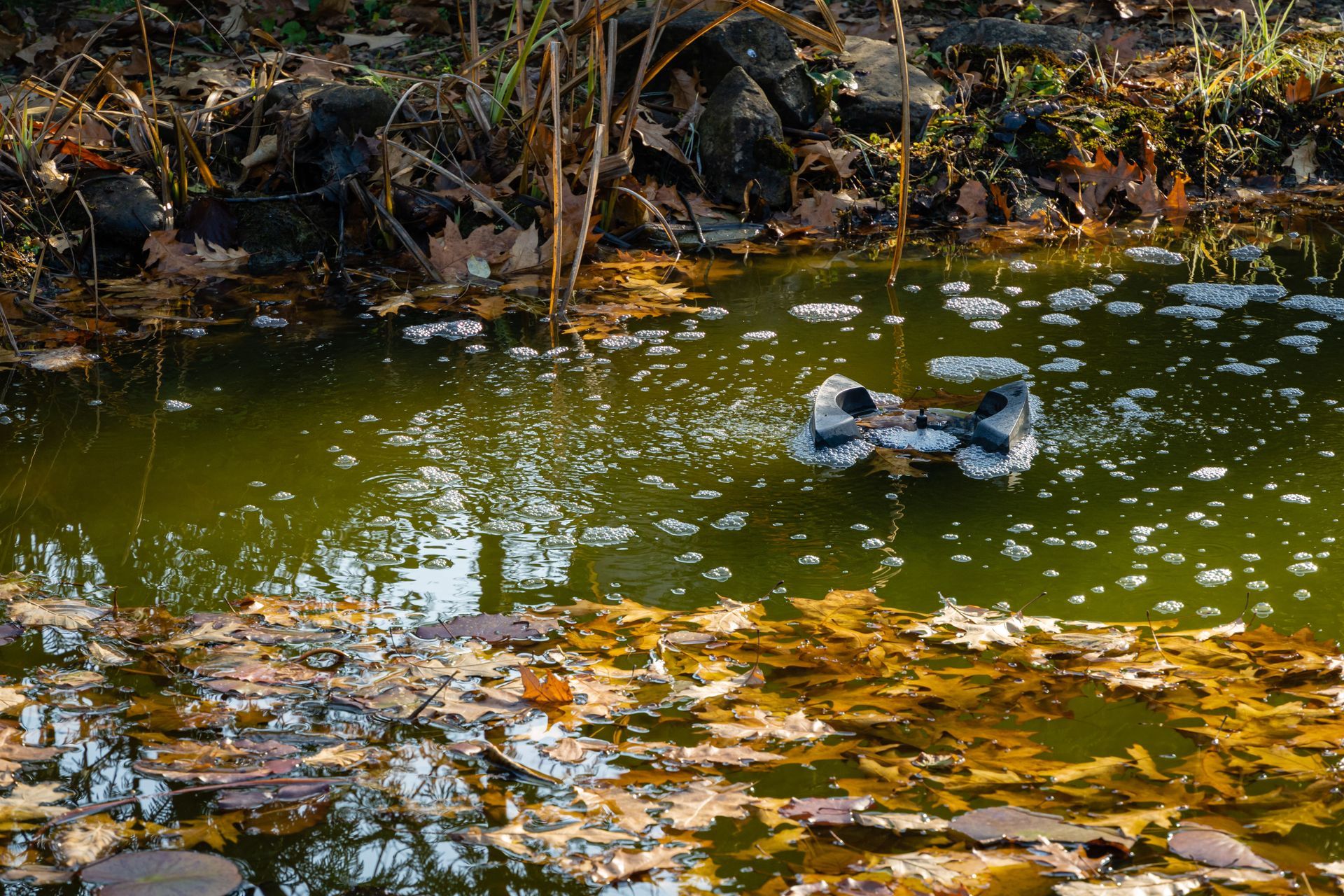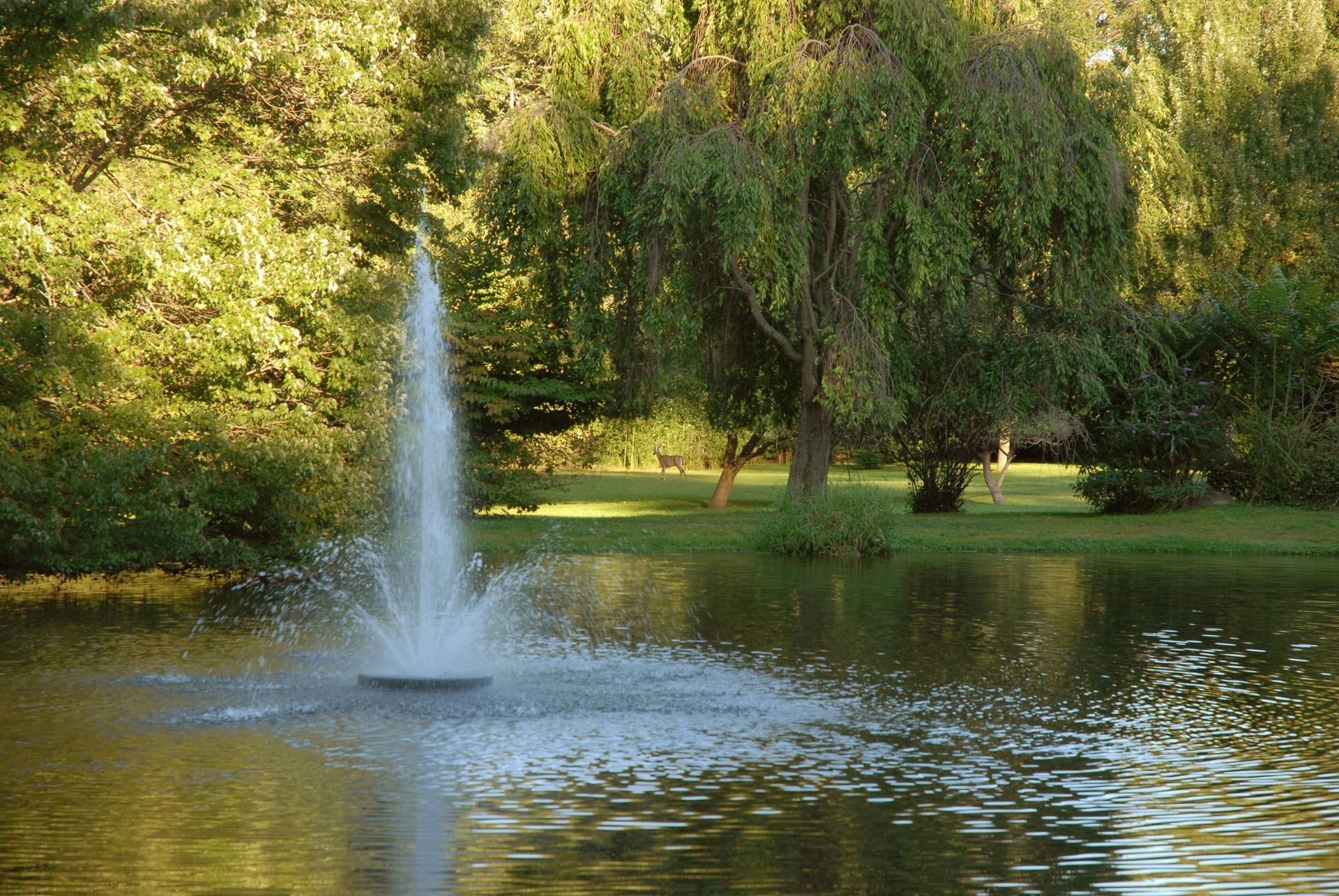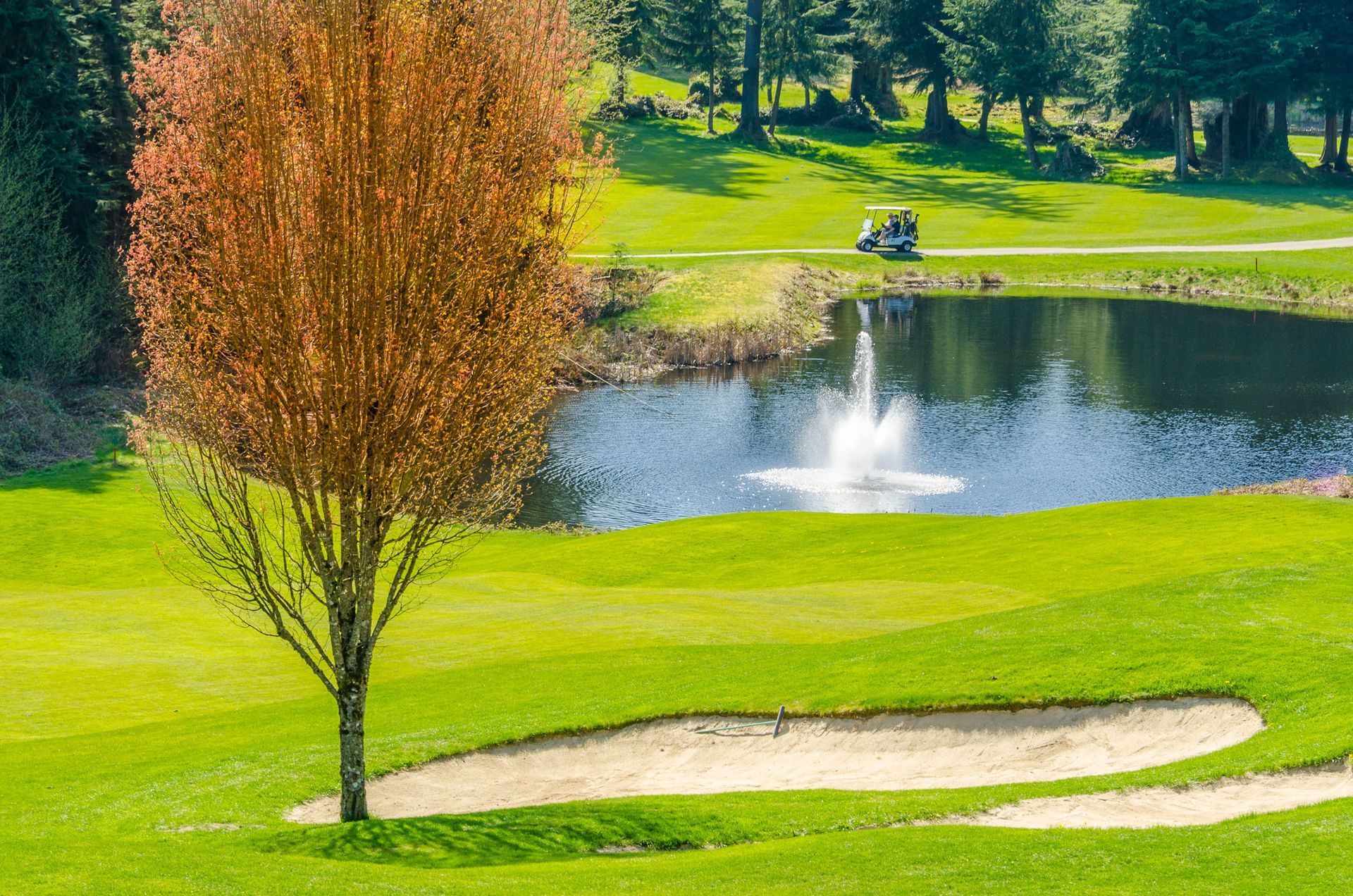You Should Never Procrastinate on Pond Algae Treatment: Here’s Why
Ponds are beautiful ecosystems that offer a serene escape into nature and provide a habitat for diverse species. Yet, maintaining the ecological balance of these water bodies is crucial for their health and beauty. One of the most pressing issues pond owners face is algae overgrowth. Procrastinating on pond algae treatment is a mistake that can lead to serious ecological and aesthetic consequences. Here’s why taking prompt action is essential.
Biodiversity Impact
Algae, though a natural component of pond ecosystems, can quickly spiral out of control if not managed. According to the Encyclopedia of Life, there are approximately 37,000 species of algae. Some of these can flourish in conditions favorable to algae growth, such as excess nutrients in the water. When left unchecked, these species can rapidly out-compete other aquatic plants, leading to a monoculture environment that diminishes biodiversity. The result is not just an eyesore but a loss of habitat for fish, insects, and amphibians that rely on diverse aquatic vegetation.
Water Quality Changes
Moreover, excessive algae growth can have a detrimental impact on water quality. Algae blooms can deplete oxygen levels in the water, creating anoxic conditions that are harmful to aquatic life. Fish and other organisms can suffer from oxygen deprivation, resulting in mass die-offs that further destabilize the pond ecosystem. Furthermore, decaying algae produce unpleasant odors and contribute to the buildup of toxins that can be harmful to pets, wildlife, and humans who interact with the pond.
Financial Consequences
Financially, procrastination on pond algae treatment can lead to increased costs and resources down the line. Each day of delay can compound the problem, requiring more intensive remediation efforts to restore the pond’s health. Treating a neglected algae problem often involves more than just removing the algae; it may require aeration systems, specialized treatments, and even restocking native plant species to reestablish balance. The longer you wait, the more expensive and complex the solution becomes, making early intervention the most cost-effective choice.
Addressing pond algae issues promptly is vital to maintaining a healthy, vibrant aquatic ecosystem. Quick action can prevent the negative environmental, aesthetic, and financial consequences associated with algae overgrowth. So, if you’ve noticed algae taking over your pond, don’t delay—learn about the best methods for algae control and take swift, decisive action. A balanced pond is not only a beautiful addition to your landscape but also a thriving ecosystem that supports wildlife and enhances your outdoor experience. Looking for pond algae treatment today? Call the team at LakeSource Aquatic Habitat Management to get started.

serving Area
Maryland
Delaware
Virginia
Business Hours
- Mon - Fri
- -
- Sat - Sun
- Closed
Appointments Available on Saturdays





Share On: